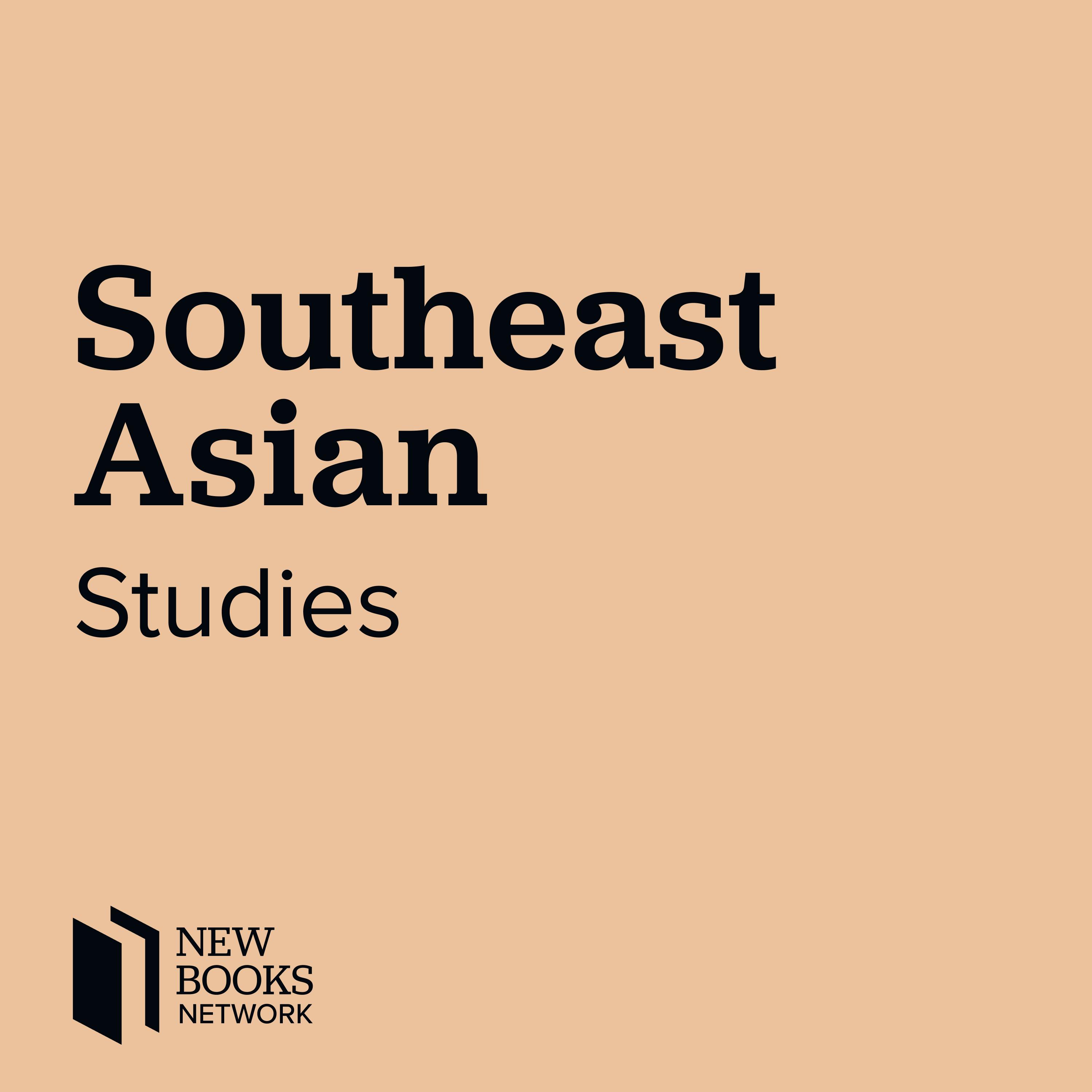Alexander Laban Hinton, "Anthropological Witness: Lessons from the Khmer Rouge Tribunal" (Cornell UP, 2022)
Description
Anthropological Witness: Lessons from the Khmer Rouge Tribunal (Cornell UP, 2022) tells the story of Alexander Laban Hinton's encounter with an accused architect of genocide and, more broadly, Hinton's attempt to navigate the promises and perils of expert testimony. In March 2016, Hinton served as an expert witness at the Extraordinary Chambers in the Courts of Cambodia, an international tribunal established to try senior Khmer Rouge leaders for crimes committed during the 1975–79 Cambodian genocide. His testimony culminated in a direct exchange with Pol Pot's notorious right-hand man, Nuon Chea, who was engaged in genocide denial.
Anthropological Witness looks at big questions about the ethical imperatives and epistemological assumptions involved in explanation and the role of the public scholar in addressing issues relating to truth, justice, social repair, and genocide. Hinton asks: Can scholars who serve as expert witnesses effectively contribute to international atrocity crimes tribunals where the focus is on legal guilt as opposed to academic explanation? What does the answer to this question say more generally about academia and the public sphere? At a time when the world faces a multitude of challenges, the answers Hinton provides to such questions about public scholarship are urgent.
Jeff Bachman is Senior Lecturer in Human Rights at American University’s School of International Service in Washington, DC.
Support our show by becoming a premium member! https://newbooksnetwork.supportingcast.fm/southeast-asian-studies
More Episodes
Missionary Diplomacy: Religion and Nineteenth-Century American Foreign Relations (Cornell University Press, 2024) illuminates the crucial place of religion in nineteenth-century American diplomacy. From the 1810s through the 1920s, Protestant missionaries positioned themselves as key experts in...
Published 03/24/24
Globally, 1.4 billion people are considered to be “financially excluded,” meaning they cannot safely access appropriate and affordable financial services. Muslim communities have particularly high levels of financial exclusion – for example, Muslim-majority countries have 24% lower participation...
Published 03/19/24
The ethnic Chinese have had a long and problematic history in Indonesia, commonly stereotyped as a market-dominant minority with dubious political loyalty toward Indonesia. For over three decades under Suharto’s New Order regime, a cultural assimilation policy banned Chinese languages, cultural...
Published 03/15/24


